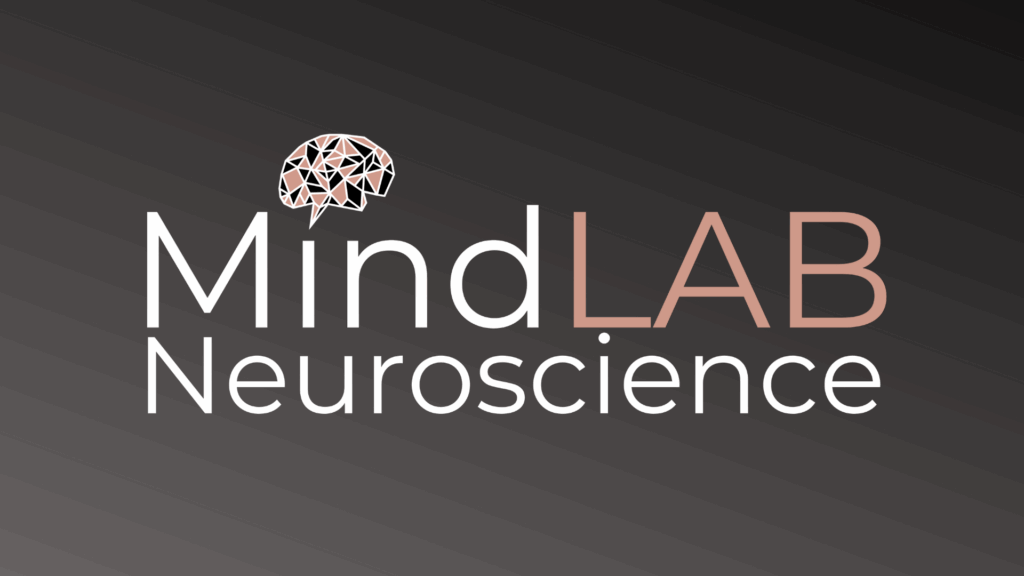Resolving the Impact of Narcissistic Relationships
Breaking up hurts. Rejection on any level sucks, no matter how you slice it………
Most people recognize that relationships end for all sorts of reasons. Some are nasty, some are amicable, and some are mutual....
Addressing Indecisiveness: Brain-Based Strategies for Optimized Decision-Making
With time and effort, you can train your brain to make better decisions and overcome indecisiveness. Start by applying the strategies mentioned in this blog post and watch as your confidence in decision-making...
Addressing Protest Behaviors in Relationships: Optimizing Connection and Resolving Unhealthy Patterns
Learn about unhealthy protest behaviors and toxic relationships. Discover healthy ways to win back love and attention at MindLab Neuroscience.
Understanding and Addressing the Factors Contributing to Depression
Childhood experiences play a significant role in an individual's vulnerability to depression. Research shows that experiencing traumatic events or neglect during childhood can increase the risk of developing...
The Role of Splitting in Borderline Personality Disorder: Exploring its Effects and Resolution Strategies
Venture into the intricate world of Borderline Personality Disorder (BPD) and its profound symptom, splitting. This comprehensive article explores the complexities of BPD, the impact of splitting on individuals...
How to Regulate Your Amygdala Activity to Optimize Well-being
The amygdala is responsible for states such as anxiety or the sensation of threat. However, it’s possible to modulate its hyperactivity so that it offers us more harmonious and relaxed states. I...
Making Decisions with Self-Confidence
How to achieve what you set out to achieve.
In addition to being realistic and action oriented, decisive people tend to have self-confidence. High self-esteem gives them a positive view of themselves...
Addressing Relationship Trauma After Infidelity
Infidelity is a tale as old as time. This form of betrayal exacts a significant toll on a couple’s relationship and often emerges as the symptom of a larger disease: disconnection. Yet, despite its prevalence,...
From Addressing Past Challenges to Maximizing Potential: The Trajectory of Self-Optimization
The same tools you use to achieve personal restoration can be used to upgrade yourself. Here’s why the learning trajectory of self-improvement matters in whatever stage of life you’re in.
When people...
Addressing the Impact of Childhood Trauma
Processing my own childhood trauma was the key to internal peace and genuine self-love. As a child, I suffered quite sever bullying throughout my school years that had a significant impact on my adult...
Understanding Attachment Styles
Attachment refers to the particular way in which you relate to other people. Your style of
attachment was formed at the very beginning of your life, during your first two years.
Once established, it is...
Resolving Past Emotional Wounds
The past can be so haunting. An awful thing happened and now there is a constant loop of the event playing over and over in your head.
It is to the point where the Past negatively dictates the Now.
When...
Trauma Impact on Life: Understanding How Trauma Affects the Brain
When your nervous system has been primed by trauma, you can overreact to perceived “dangers” that aren’t life-threatening, like when your boss questions you or someone cuts in line in front of you. When...
Optimize Your Productivity: Address 10 Common Time Management Mistakes
Introduction to Common Time Management Mistakes
How well do you manage your time? What are the common time management mistakes you should avoid? Like many, your experience with time management might...
Coping with Ambiguity: 5 Strategies for Navigating Uncertainty
At one time or another, everyone gets stuck in uncertainty. It’s a scary place to be, and can leave us feeling out of control, hopeless, and helpless.
Although each of us differs in coping with ambiguity...
Optimizing Emotional Resilience: 5 Strategies for Mental Wellness
Before reading my suggestions below, please understand that anything you’re feeling right now is completely normal. We are all facing the same external situation, but each of us will have different reactions...
Brain Flex: Unlock Neuroplasticity for Personal Growth
Your brain is a rebel waiting to be unleashed. Neuroplasticity isn't just scientific jargon—it's your ticket to a mental revolution. Imagine rewiring your mind like a mad scientist, sculpting neural pathways...
Addressing Fear of Abandonment: Optimizing Emotional Security and Attachment Patterns
Many people grow up with fear of abandonment. Some are plagued by these fears pretty consistently throughout their lives. They worry they’ll be rejected by peers, partners, schools, companies, or entire...
Strategies for Addressing Eating Disorders: Navigating Challenges
Social distancing is the newest buzzword of our culture, and FlattenTheCurve is our latest hashtag as we all stumble through this unprecedented reality of coronavirus, but I will be honest—it’s an...
Understanding Anger and Deception: Unveiling Emotional Truths
When something upsetting happens and you go along with that first rush of adrenaline, your brain will begin to send you every thought and memory possible to validate your anger and frustration. So,...
Unlock the Power of Your Mind: Harnessing the Potential of the Prefrontal Cortex for Cognitive Mastery and Emotional Well-Being
Explore the incredible potential of the prefrontal cortex for cognitive mastery and emotional well-being. Learn how executive functions and neuroplasticity can help you unlock the true power of your m...
Optimizing Brain Function: Brain-based Coaching to Address Dissociative Patterns
Finding help for dissociative disorders can be challenging, but there are options available. Learn more about the benefits of neuroscientific options and brain-based coaching in Rewiring Your Brain: Therapy...
Addressing Depression and Dysthymia through Neuroplasticity
Delve into the important topic of Depression vs Dysthymia and uncover the key differences between these mental health disorders. In our article, Unraveling Depression and Dysthymia with MindLAB Neuroscience,...
Identifying Gaslighting: Spotting the Signs; Why People Gaslight and How it Affects Your Relationships
Have you ever wondered why people gaslight or how you can identify the signs of gaslighting? In our latest article, 'Identifying Gaslighting: Why It Happens, the Signs, and How to Spot It,' we delve into...













